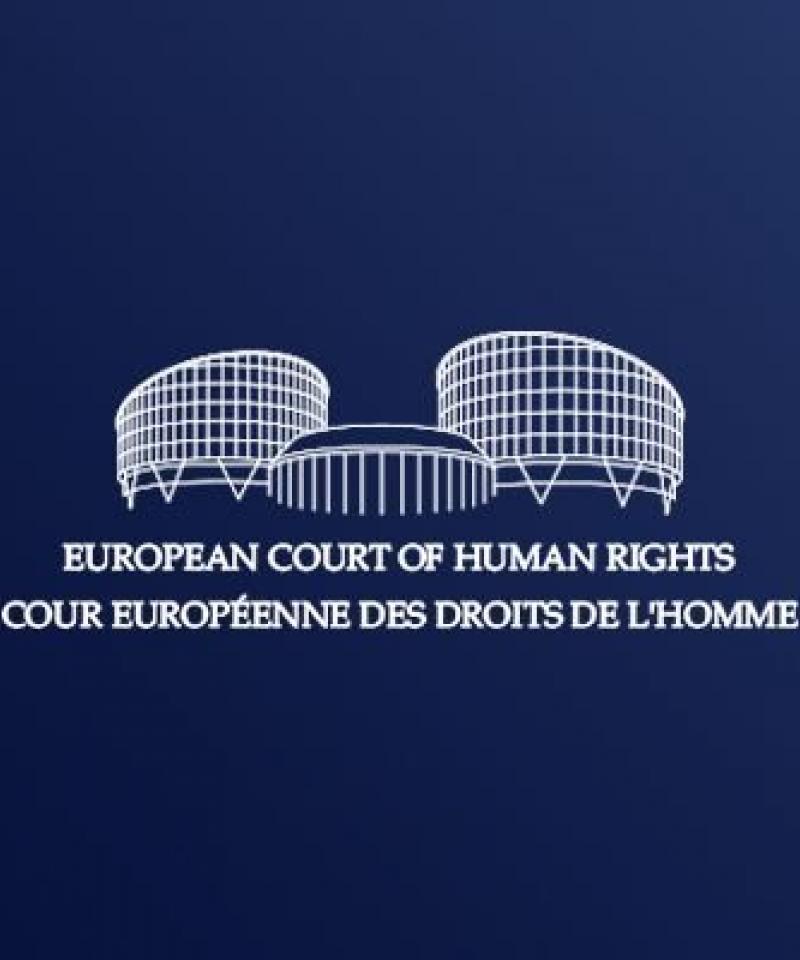Important judgement by the ECtHR in relation to conscientious objection to military service

On 7 June 2022, the European Court of Human Rights issued an important judgement (Teliatnikov v. Lithuania) in relation to the protection of the right of conscientious objection to military service under Article 9 of the European Human Rights Convention.
The Court found a violation of the Article 9 right to freedom of thought, conscience and religion of Teliatnikov, a Jehovah’s Witness, who sought to be either exempted from military service or enabled to undertake a civilian alternative service.
There were a number of significant points in the judgement.
1. Victim status
In order to be able to lodge a petition with the European Court of Human Rights a person must be able to claim to be the victim of a violation of the rights set forth in the Convention. The government claimed that this was not the case as although Teliatnikov had been called up, he had not been required to do military or alternative defence service, nor prosecuted or convicted for not doing so and, by the time of the Court’s consideration was above the conscription age. However, the Court found that
While acknowledging that in the present case the applicant has never been convicted, the Court nevertheless notes its case-law to the effect that the rejection of the applicant’s application for conscientious objector status may be regarded as an interference with his right to freedom of thought and conscience as safeguarded by Article 9 of the Convention (para. 91).
Indeed the applicant had been personally affected by the decisions of the military authority and the Ministry of National Defence, which were maintained by the Supreme Administrative Court.
2. Alternative Service
The Court found that the "alternative national defence service is intrinsically linked to military service, and therefore cannot be seen as separate civilian service". Specifically, the Court found that
1) persons performing alternative national defence service are referred to as “military conscripts” and/or “military draftees” throughout the Law on Conscription and the Regulations;
2) the type of work to be performed is assigned by the military;
3) if no civilian work assignment is available, “the military conscript will be assigned to perform alternative service in the national defence system institutions”;
4) the “military conscript” is taken to his assigned place of work by the military and is given the same “provisions (except for living quarters and clothing)” as “military service soldiers”;
5) the manager of the institution where the “military conscript” performs his work immediately notifies the military in writing about “the [military conscript’s] appointment, specific tasks, conditions and work time”, and provides the military with a monthly “time roster” for the “military conscript”;
6) a “military conscript” performing alternative national defence service “cannot be dismissed” for disciplinary violations by the manager of the institution where he is working, without the approval of the military. Besides, under Article 26 of the Law on Conscription, in the event of mobilisation, the “military conscript” performing “alternative national defence service” may be “summoned to perform military service” (para. 107).
3. Decision making
The Court also addressed the system for deciding requests to undertake the alternative service, noting that although the Special Commission who considered applications was comprised of civilians, it did not itself make the decisions.
The Commission’s decision is merely a recommendation which is transmitted to the national defence system institution which administers conscription, which takes the final decision whether the objector’s request to perform alternative national defence service is well founded or not (para. 109).
War Resisters International welcomes the European Court of Human Rights clarifications in relation to the protection of right to conscientious objection to military service protected under Article 9 of the European Human Rights Convention.
Add new comment